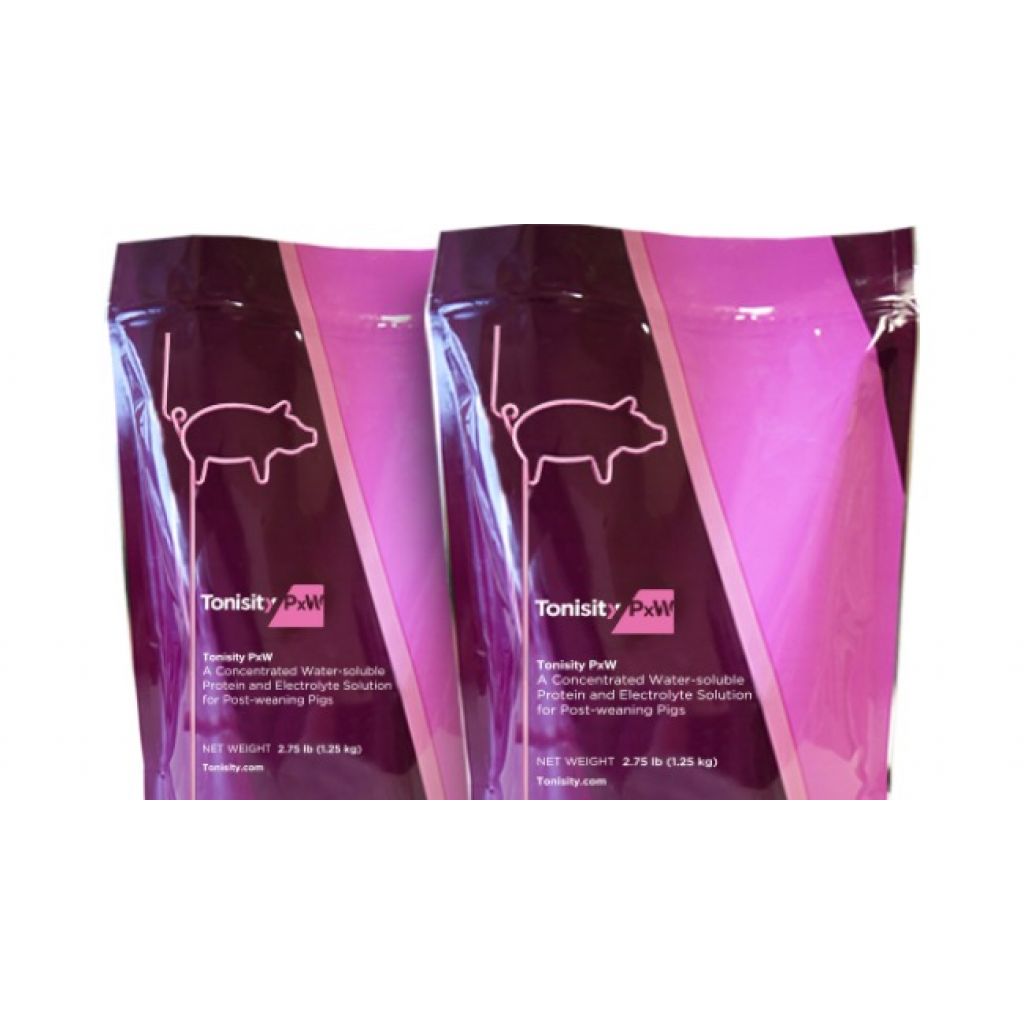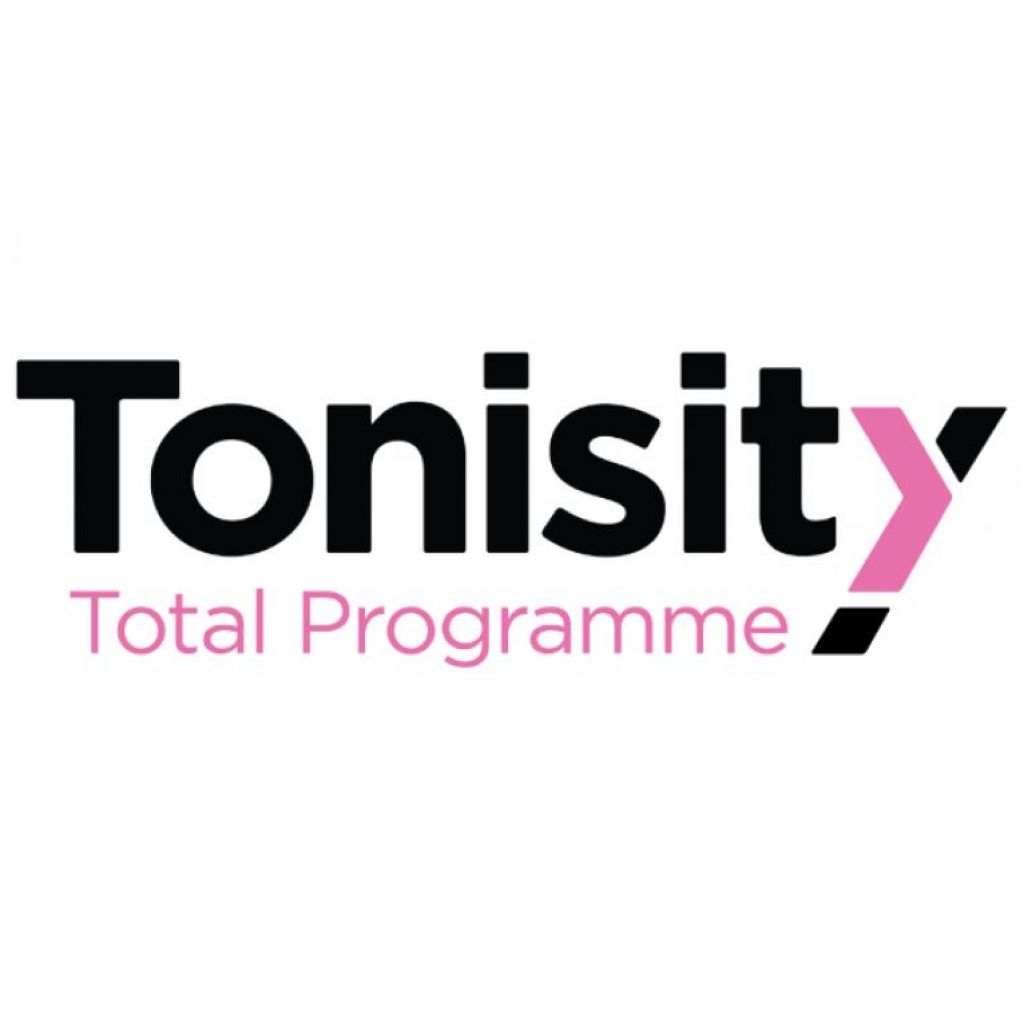Omtimising Piglet Health through Adequate Colostrum Intake
Colostrum contains essential maternal antibodies (immunoglobulins) that can eliminate bacteria and viruses, providing passive immunity to the piglets. This is crucial because piglets are born without immune protection, and it takes time for them to develop their own active immunity. Colostrum also supplies energy and highly digestible nutrients essential for the piglets, enabling them to start suckling and grow faster.
Colostrum is produced by the sow just after the birth of the first piglet, and within less than 24 hours, its composition changes to become milk. Adequate colostrum intake in the first few hours after birth is therefore essential for optimal pig performance. To optimise colostrum production, more research is needed to understand factors influencing its yield. Management of gilts, vaccination schedules, and the farm’s health status are factors that can impact the immunological characteristics of colostrum. For instance, outbreaks of diarrhea in litters from gilts are usually caused by these young sows not being exposed to specific diseases earlier. Regarding volume produced, while colostrum yield is not dependent on litter size, some publications indicate that at least 30% of hyperprolific sows do not produce an adequate amount of colostrum.
To ensure piglets drink enough colostrum, organise your work schedule (batch farrowing) to be present during farrowing. If you notice a piglet unable to drink colostrum, intervene. Be cautious with synchronising agents (such as oxytocin) as improper use can increase stillborn pigs. Pay special attention to smaller and weaker piglets to ensure they get their share of colostrum. Maternal sow’s colostrum is required for efficient immunity. Although preferable, some studies indicate that colostrum doesn’t necessarily have to come from the piglet’s own mother, but it must come from a sow to ensure antibodies protect against swine diseases. In this case, it is advised to use colostrum produced by a sow from the same herd, so antibodies protect against
diseases specific to that herd. Some trials show that two hours after birth, 70% of piglets have good antibody levels in their blood, increasing to 95% 8 hours after birth. Therefore, avoid cross-fostering within the first 6 hours after birth, and since a piglet’s navel is dry around 8 hours after birth, avoid moving them if their navel is not dry.
At the same time, cross-fostering is advised in the first 24 hours of life, before littermates establish teat order. When cross-fostering, ideally, small piglets should remain with the maternal sow, but in practice, they are usually transferred to a second or third parity sow because their teats are more accessible. In large litters, split-suckling can be implemented to ensure the smallest piglets consume enough colostrum. To do this, remove the larger piglets from the litter for about 30-45 minutes to give the smaller piglets an opportunity to drink colostrum.
Newborn piglets, especially the smaller ones, are susceptible to hypothermia. Ensure they are under a heat source (such as a 150/175 W heat lamp), use extra curtains or creep boards. Consider giving them an energy supplement in the first hours of life.
The recommended quantities of colostrum for piglets are as follows:
Minimum Necessary:
150 g per piglet is considered the minimum necessary to meet energy requirements (Rooke et al., 2002).
Mortality Reduction:
Devillers et al. (2011) found that providing 200 g per piglet helped reduce mortality from 43.4%to 7.1%.
Good Health Status and Growth:
For ensuring a good health status and satisfactory growth, it is recommended to provide 250 g of colostrum per piglet (Devillers et al., 2011).
Enhanced Growth:
Devillers et al. (2011) observed that piglets consuming 290 g each were 2 kg heavier at six weeks of age.
Use of Cow Colostrum:
It is emphasised that cow colostrum does not contain the specific antibodies required to protect piglets against diseases such as necrotising enterocolitis (NEC), E-coli diarrhea, or erysipelas. Therefore, it should only be used as a source of energy.
These quantities are crucial for providing piglets with the necessary nutrients and immunity to ensure their well-being, growth and protection against diseases. Adjustments may be necessary based on specific conditions and health requirements of the piglets.
Productos
Bienvenido a 3tres3
Conecta, comparte y relaciónate con la mayor comunidad de profesionales del sector porcino.
¡Ya somos 152856 Usuarios!
Regístrate¿Ya eres miembro?








